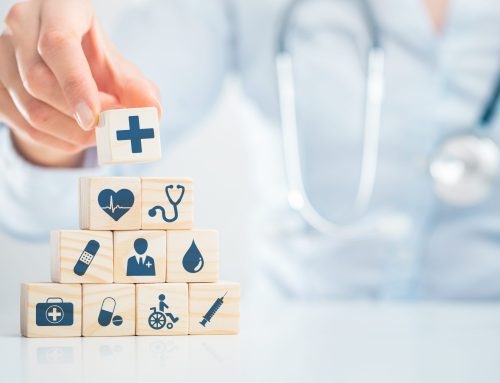Help! Help! My Vitamins Are Low!
**As always, consult with your doctor before making any decisions that can affect your health! This article is for informational purposes only. If you feel like you are struggling with your health, schedule an appointment with your doctor and set a diet and routine that will work best for you!**
Did you know your vitamin and nutrition levels can affect your health in multiple different ways? Your mental health, energy, skin, hair, nails, mood, and overall function of your body. If you go to the dr regularly, you probably get regular blood work as well that tests for things like vitamins and other nutritional deficiencies. More often than not, you’ll immediately head to the store with those results and load up on multivitamins and supplements that you’ll take religiously for two weeks, maybe a month if you’re dedicated, and then you either run out or just forget to take them and you’re right back to square one. If you’re someone who struggles with remembering to take pills, or you just want another option, here are some signs to be watching for and ways to make up for lacking nutrition! Think you’re struggling with one of these deficiencies? Schedule an appointment with your doctor and get some blood work to confirm any suspicions!
Vitamin B12
A vitamin B12 deficiency can be the result of many different factors including a plant based lifestyle, bariatric surgery, immune disorders, Crohn’s or Celiac disease, gastritis, medications, alcohol misuse, or pernicious anemia. Signs of a B12 deficiency are weakness, unexplained or consistent tiredness, fatigue, heart palpitations, shortness of breath, pale skin, a smooth tongue, GI symptoms, loss of appetite, nerve and muscle issues, vision loss, depression, mood changes, loss of energy, and memory loss. When fighting a B12 deficiency, your doctor may recommend starting with an injection of b12. This helps give you a good baseline to then maintain!
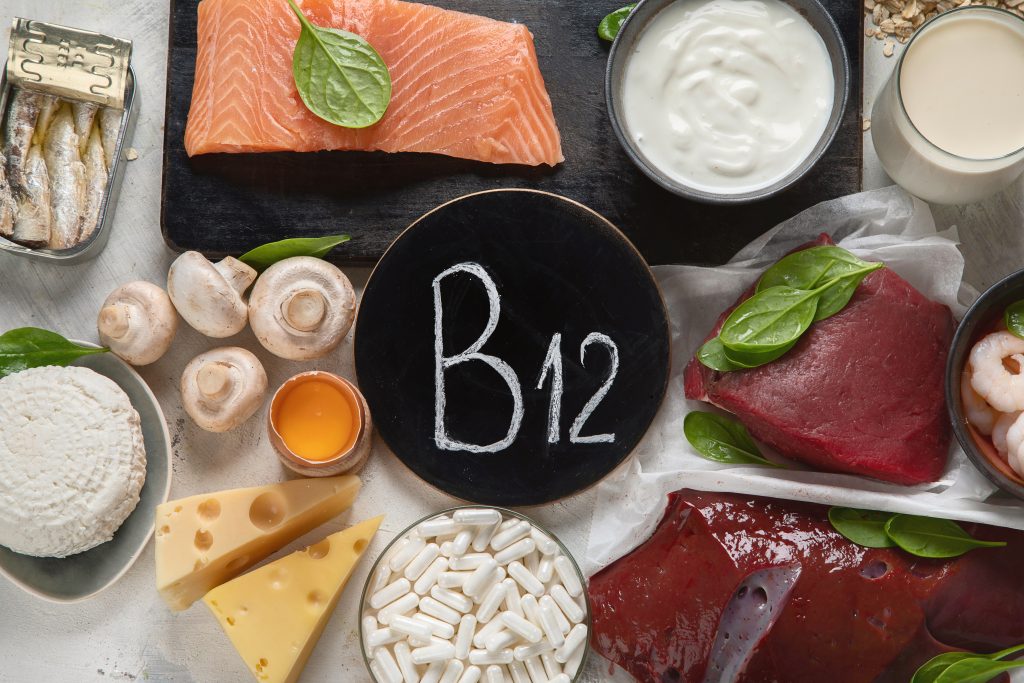
If your levels aren’t too low yet, there are ways to incorporate more B12 into your diet! Animal products such as beef, liver, chicken, fish, eggs, and milk products are a great source of B12. If you cannot or choose not to consume animal products you still have options, but you will need to supplement. This could include fortified foods, nutritional yeast, tofu, juices, spinach, beetroot, potatoes, mushrooms, and alfalfa. While it is possible to increase your B12 through diet, this is one vitamin that diet may not be enough right away, especially with a vegan lifestyle. If you and your doctor agree to try a dietary approach prior to supplements, schedule follow up blood work to ensure your levels have increased to a healthier amount!
Vitamin D
Vitamin D deficiency is most known to cause weakness in the bones, but it can also cause cognitive impairment in older adults, severe asthma in kids, cardiovascular disease, and an increased risk for certain cancers like breast, prostate, colorectal and pancreatic. There is also some research that suggests vitamin D can help prevent and treat diabetes, hypertension, glucose intolerance, and MS. Factors that affect vitamin D are a plant based diet, limited sun exposure, Crohns, Celiac, Cystic Fibrosis, kidney function, dark skin (increased melanin can reduce the skin’s ability to make vitamin D after sun exposure) , and obesity. Signs of a Vitamin D deficiency include frequent sickness, fatigue, bone and back pain, poor wound healing, anxiety, hair loss, muscle pain, weight gain, and bone loss. More often than not, you won’t instinctively notice these symptoms. This is a great example of why it is important to have consistent medical care so hard to find issues like this don’t go unnoticed and untreated.
Vitamin D is extremely important and hard to maintain through diet alone, but there are many ways to increase vitamin D in your daily life! Sunlight is an excellent source of vitamin D so getting outside for a few minutes each day will help increase your vitamin D significantly! Although the sun could be the best source for many, if you are at risk for skin cancer or sun poisoning, a supplement may be the best option for you. There are plenty of foods high in vitamin D such as fatty fish, fortified dairy and juices, yogurt, egg yolks, and beef liver.
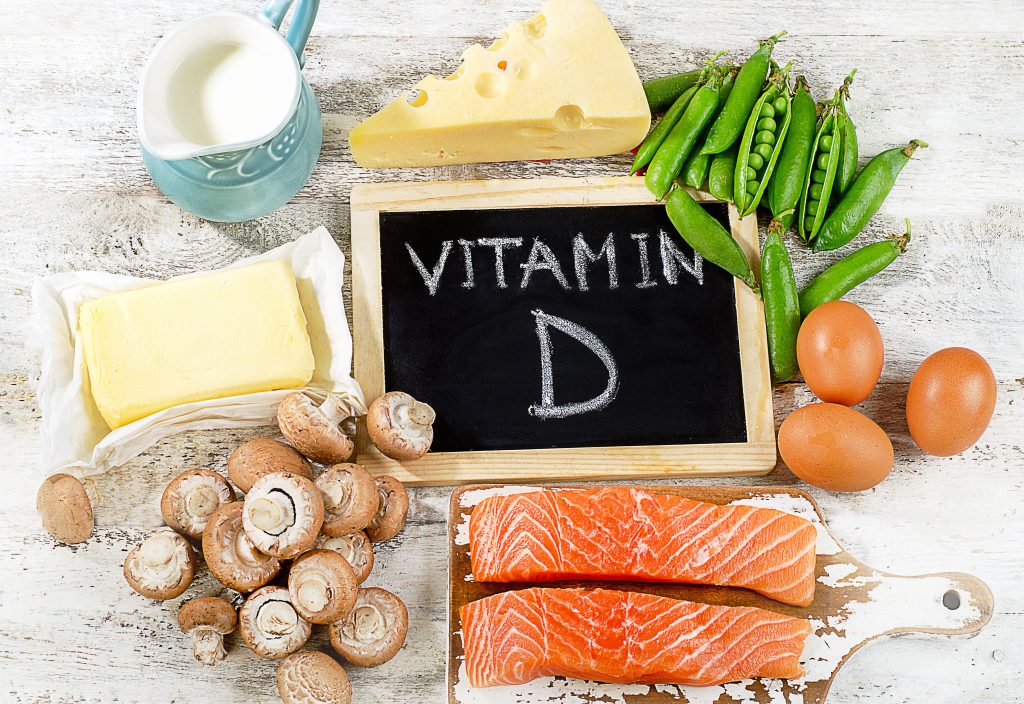
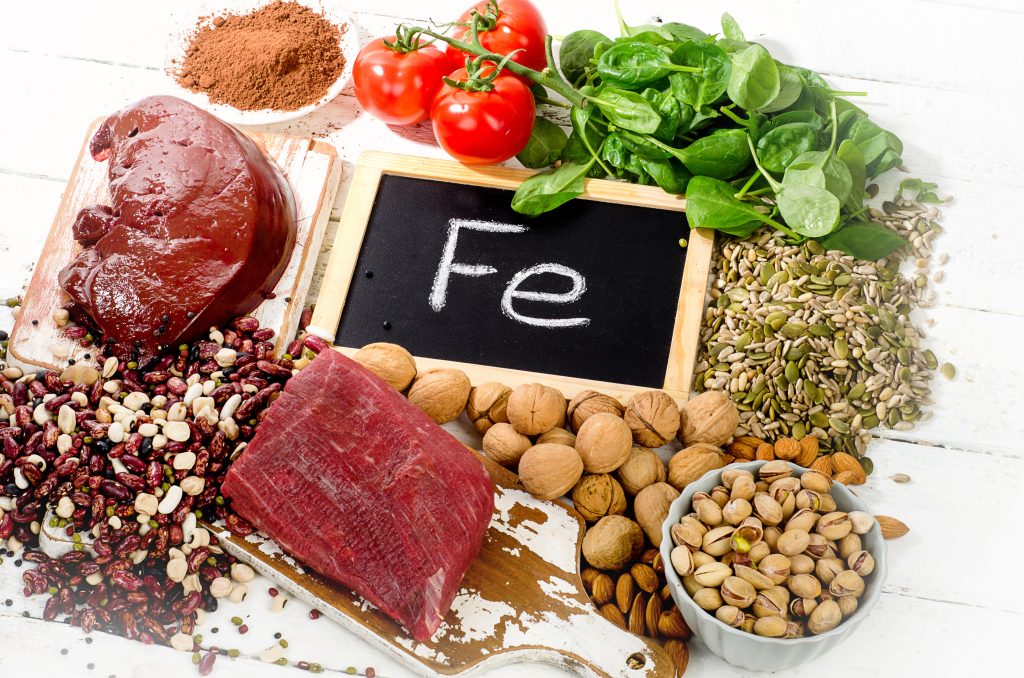
Iron
Iron is one of the most common deficiencies. Iron is a crucial mineral that plays a huge part in the way your blood moves throughout your body. Iron deficiencies are most common in those following a plant based diet, menstruating or pregnant women, and preschool children, though iron deficiency affects more than 25% of people worldwide. Symptoms of iron deficiency include tiredness, poor circulation in hands and feet, dizziness, weakness, pale skin tone, poor immune system, and impaired brain function.
When increasing iron in your diet, you should also increase vitamin c to help the iron absorb faster! High iron foods include spinach, red meat, shellfish, beans, dried fruit, peas, and iron fortified cereals. It is incredibly important to note that you should NEVER increase or supplement iron if you’re not struggling with a doctor diagnosed deficiency as too much iron can be dangerous.
Protein
While TRUE protein deficiency is rare in today’s world, especially in developed western countries, many people still do not get nearly enough protein every day. This is extremely prevalent in older adults. Protein deficiency can happen quickly from skipping meals, eating unbalanced meals, food insecurity, plant based diets, and busy lifestyles. Symptoms of low protein are hair loss, loss of muscle mass, low energy, weakness, dizziness, fatty liver, poor skin and nails, frequent bone fractures, slow healing wounds, poor immune system, and hunger.
On top of the countless protein powders and supplements, there are many high protein food options to add into your diet including eggs, almonds, chicken, cheese, milk, beans, beef, fish, pumpkin seeds, peanut butter, and turkey.
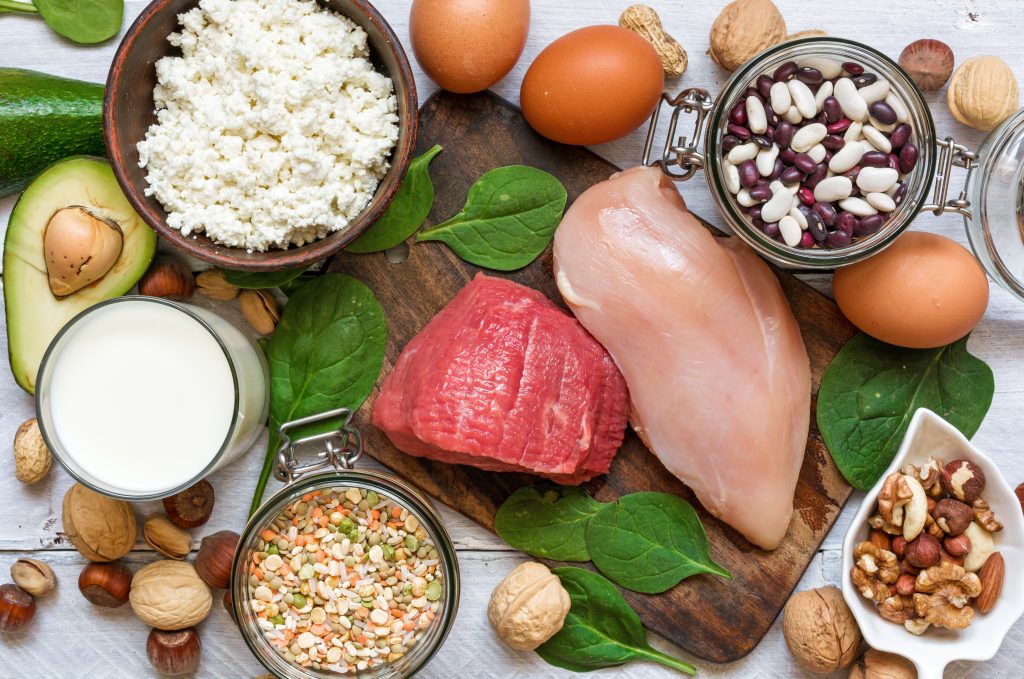
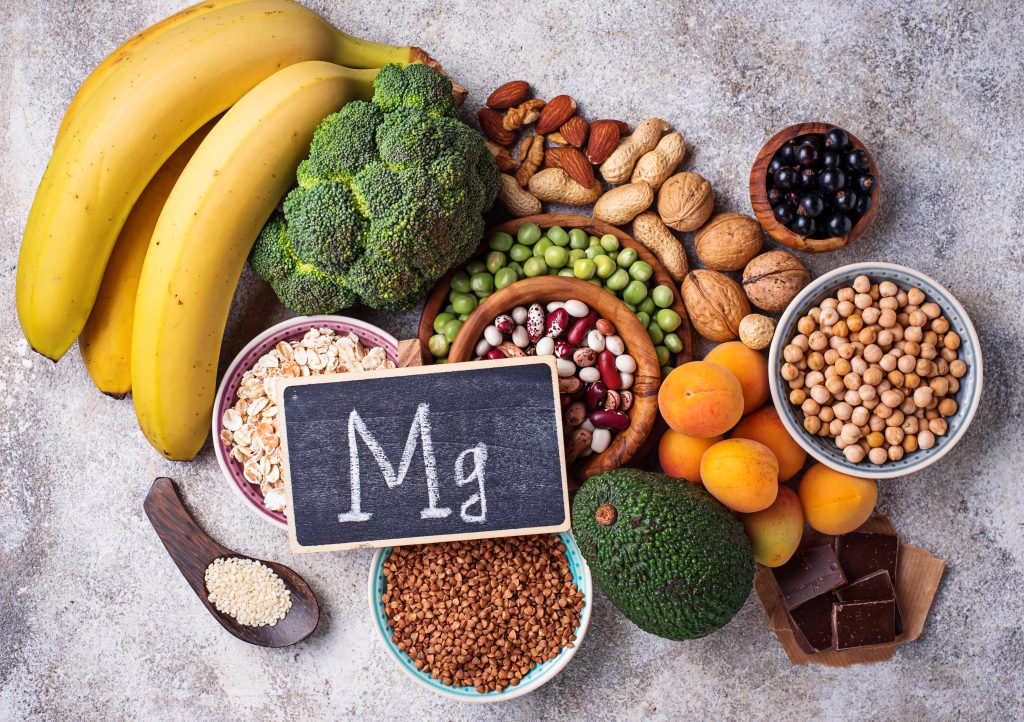
Magnesium
Magnesium isn’t well known as a needed mineral in your body, but it is extremely important and low magnesium is very common! Magnesium is essential for bone and teeth structure as well as over 300 enzyme reactions. Some factors that can affect magnesium levels are hospitalization, disease, drug use, poor digestive function, and inadequate magnesium intake. Low magnesium can aid in the development of type 2 diabetes, metabolic syndrome, heart disease, osteoporosis, abnormal heart rhythm, muscle cramps, restless leg syndrome, fatigue, and migraines.
There are a lot of sneaky ways to add magnesium to your diet including dark chocolate, avocado, nuts, legumes, tofu, seeds, whole grains, salmon, bananas, and leafy greens. Magnesium is one of most common deficiencies that goes undiagnosed and a great place to start when adding vitamins and minerals to your diet!
Re-regulating your vitamin and mineral levels in your body is going to change your life in many different ways. You’ll start to feel better physically and mentally, get more productive, and overall be healthier! It all starts with a conversation with your doctor to determine what you need to focus on! They will run a multitude of tests and give you tips and pointers on how to get these things back on track! Your body needs many different vitamins and minerals to function, these are just some of the more common issues. You and your doctor know your body best. If you don’t need to supplement something do not add it just because you think it “may help” as too much of anything could be harmful, or even just a waste of money!
While food is a fantastic way to get these things and others into our system, it sometimes is just not enough and we need to use supplements like pills, powders, injections, or oils to ensure our bodies are functioning the way they’re designed to!
If you’ve been feeling off, contact your doctor to set up a physical and blood work to make sure that everything is okay. If you can’t go see a doctor because you’re lacking medical insurance, contact Sean the Insurance Guy to get started with an in depth consultation to determine what plan would be best for you!



